Hobson's Choice
This really is a treat for all vintage British comedy lovers everywhere. If Ealing-style comedy is your thing then you'll want to hot-foot it to your retailer of choice and grab this beautifully restored version of this classic movie as soon as you can so that you start a programme of repeated viewings as soon as humanly possible.
Restored with the help of the BFI, every frame looks superb. This really is David Lean at his cinematic best (excepting 'Bridge on the River Kwai' possibly) where he produces a beautiful, if slightly stagey period piece without once venturing outside the sound stage. The high contrast black and white on this flawless print made every minute of this a pleasure, even when super-sized on my 42" screen. And although this is presented in its original 4:3 ratio, it still exudes a cinematic enormity rarely felt in lower budget movies today.
With inspired casting (who but an aged Charles Laughton could have covered Hobson?), this 'first of the feminist' movies also benefits from a superb performance by John Mills playing a simple working class man making good. There are also sterling performances from Daphne Anderson (as Hobson's oldest daughter), and a terribly young Prunella Scales turning in a fine performance as his youngest girl.
Apparently suggested to Lean as a good film project by Alexander Korda, 'Hobson'sChoice' had originally been staged in 1915 by Harold Brighouse, and then filmed twice - by Percy Nash in 1920 and Thomas Bentley in 1931. The title is, of course, based on the original concept of 'Hobson's Choice' - which really means no choice at all, precisely the situation Henry Hobson finds himself in by the end of the film.
Laughton was a great choice for the main part here. By this time he was already an international star but he had a soft spot for the role which he had played as a teenager in his home town of Scarborough. The look of the film was very much in keeping with Lean's earlier adaptations of Dickens (Oliver Twist. David Copperfield) with a gloomy Victorian look throughout . Right from the start, Lean has plenty of fun with composition and his use of tracking shots by revealing a boot swinging as if from a hangman's noose, creaking against the background of a dismal wet night. As the camera zooms out and tracks backwards, and the street shot widens, we see that it's actually just the sign of a boot-maker. Simlarly, later in the film we see the drunken Laughton following the moon's reflections in puddles and windows as he treads his drunken way home from the Moonrakers pub. Technically brilliant and wonderfully funny.
So what's the film about? (Warning - This bit contains spoilers). Salford Bootmaker Henry Hobson is a well to do widower who dominates his three unmarried daughters - all of whom help in his boot shop. A pompous bully, a drunk and a blaggard, it's clear that without the help of his daughters (and his oldest in particular) he would not be able to enjoy the life he does - drinking from dawn till dusk and then returning home demanding food, clean clothes and obedience.
One day, a very important customer comes in demanding to see the person responsible for making her boots which turns out to be the very lowly, illiterate Willie. Emerging from his place (literally underneath the ground floor of the shop through a trapdoor) he is given her card and she insits that he alone must make her boots in the future.
In the meantime, Hobson decides that he should marry off his two younger daughters though Maggie, the oldest who is now past thirty, he believes is clearly 'too ripe' and well past her prime.
Discussing his plans with his drinking cohorts he discovers that marrying off daughter could require some sort of financial settlement. Being the sort of man who values his money (not even paying his daughters wages) he decides that he won't allow any of them to marry after all.
But Maggie has plans all of her won. With amazing assertion, she decides that Willie (who is after all a master boot-maker) would be a suitable husband and she tells him in no round-about terms that this is what's going to happen. Poor Willie isn't to have a say in the matter! She starts to teach Willie to read and write and builds up his confidence and eventually they break away from Maggie's father's shop and set up on their own with the help of a small investment from Mrs. Hepworth, the customer who so apprecitade Willie's boot-making.. With masses of publicity they soon bite into her father's trade.
In the meantime, the prospect of Maggie marrying a mere boot-hand enrages Hobson and he threatens Willie. Life is soon not what it was, with no one to wait on him hand and foot and Hobson has a particularly drunken night out at the Moonrakers where he insults his friends and then falls into the cellar of the local corn merchant, a temperant man who dislikes Hobson, despite the fact that his son is courting another of Hobson' s daughters. He is served with a summons for trespass and damage and is fearful that it will ruin whatever reputation he might once have had.
Maggie then tricks her father with some double-play when a young solicitor advises Hobson to pay £1000 - or two marriage settlements, which will suit the young solicitor as he is courting one of the daughters. On the day of their wedding, when everyone has left, Maggie goes to bed leaving Willie working on another exercise. However, he is nervous and ends up approaching his wedding night like a man about to face the enemy in battle. The next morning they open the shop and their first customer buys nothing more than penny bootlaces. But latter that year, as we flash forward in time, Maggie and Willie's shop is full of the boots and shoes Willie has made, and the shop has been so successful that they have repaid Mrs. Hepworth's loan.
In the meantime, Hobson has become a total drunk, and when he starts hallucinating, he goes to a doctor who advises him to give up drink. As if that wasn't bad enough, his trade has dropped to almost nothing and his two other daughters are far too busy with their own lives to bother looking after him. In desperation, he makes Willie an offer - to come back and work for him. But Willie has become much stronger minded and agrees to nothing less than a partnership with his name above the door with Hobson's : Mossop and Hobson. With no choice but to agree, Hobson faces the final humiliation.
Described by many as the first feminist movie, it certainly does show some fairly determined girl-power in full flow. Hobson, as the dominating, bullying and bigoted male, is brought down to size by his determined, smart and sassy daughter.
Though there are no extras here (other than a stills gallery) this really is a first rate disc. The print and transfer are incredibly good, having been remastered by the BFI. Audio is fine for the period and the music score always impressive and sympathetic.
Don't wait too long to treat yourself to this really special version of this really special film. Brilliant!
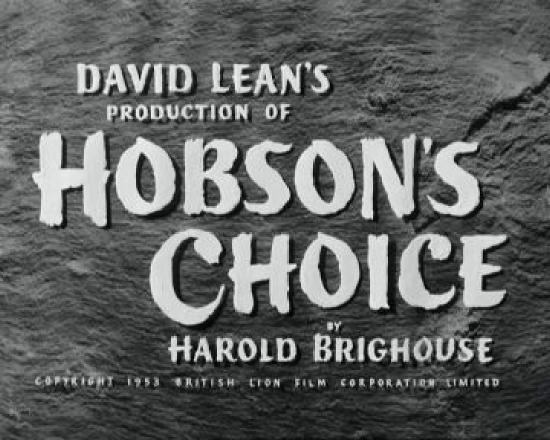
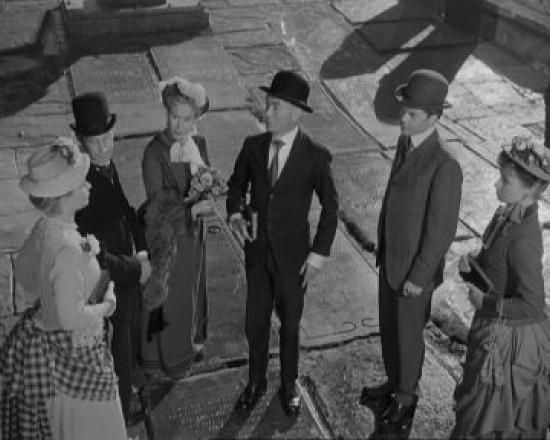
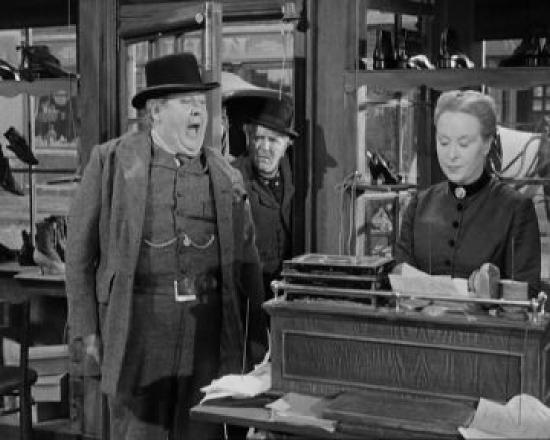
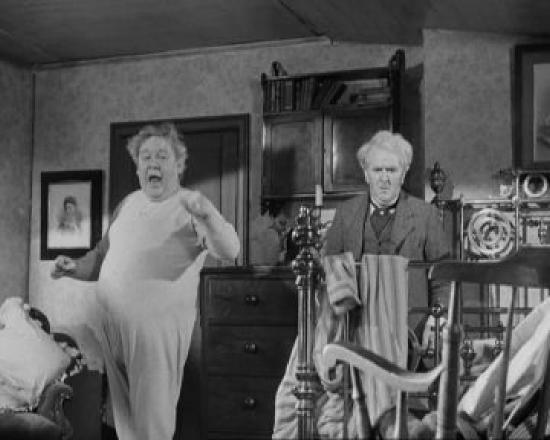
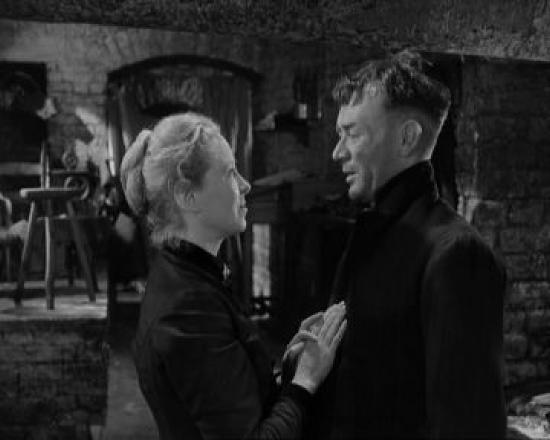
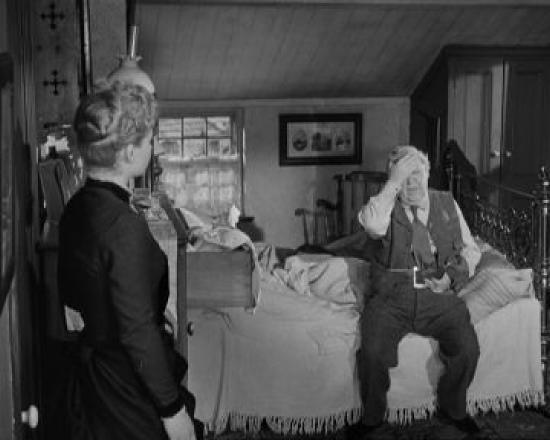
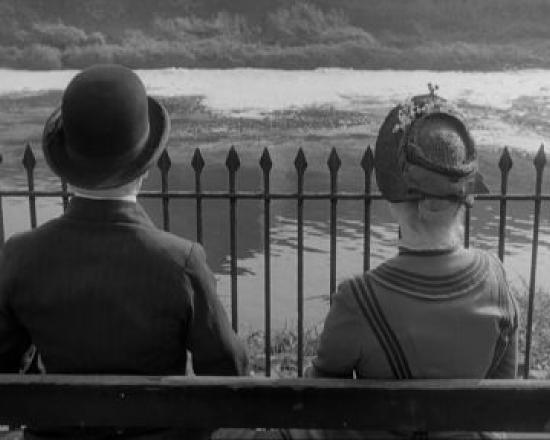
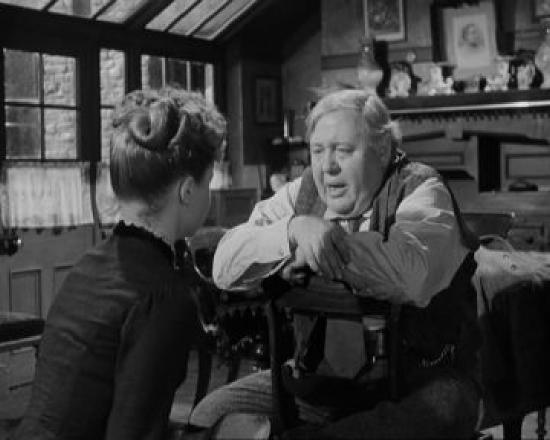
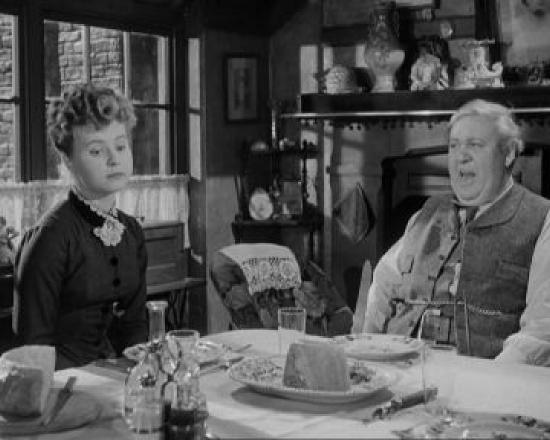
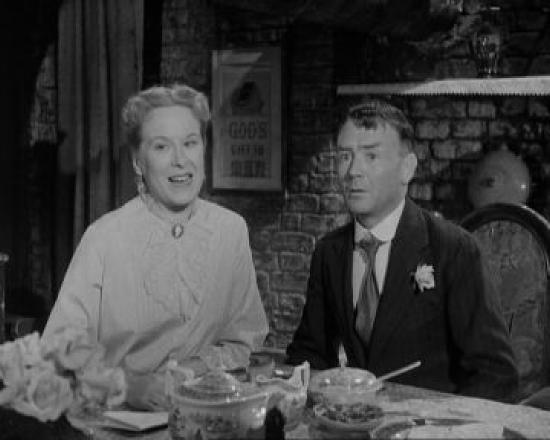
Your Opinions and Comments
Be the first to post a comment!